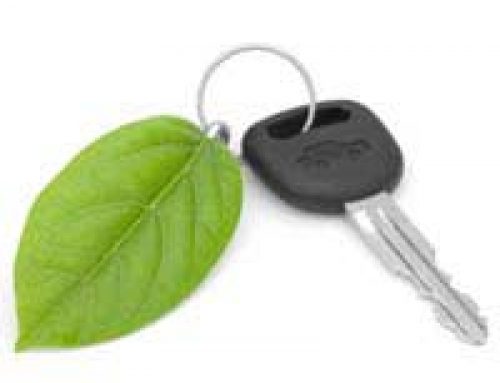 Cycling is a wonderful carbon-neutral method of transportation, although of course, carbon is generated in making the bicycle. Ignore that issue, though, and they can be ideal for many people.
Cycling is a wonderful carbon-neutral method of transportation, although of course, carbon is generated in making the bicycle. Ignore that issue, though, and they can be ideal for many people.
Apart from zero CO2 emissions, cycling provides great exercise, which is good for your weight and your heart, although, of course, in some instances cycling isn’t practical. If you have a journey from London to Bristol, say, the chances are that you’re not going to want, or be able, to undertake it by pedal power.
However, since the vast majority of journeys are short, usually less than two miles, that means cycling is a very viable alternative.
The Problems With Cycling
Perhaps the biggest problem with cycling is traffic on the roads. Drivers can be notoriously insensitive to cyclists, making the road dangerous for two wheels. However, it’s not actually as dangerous as you might first imagine. While statistics show that around 1500 motorists die on the roads each year, that figure is only 150 for cyclists – one-tenth of the amount. You should always wear a good helmet, and make sure you pay attention to traffic around you.
Hills are another problem. If you’re returning to cycling after many years and live in a hilly area, the geography can seem daunting. It’s worth persisting, though – the more you cycle, the stronger you’ll become, and able to tackle those hills in time.
Is Cycling Becoming More Popular?
More and more places are introducing cycle lanes on the roads, which can only act as a spur to those wanting to use bikes. It makes cyclists feel more secure and encourages others to join them. The more people using bicycles, the fewer cars are on the road, which means a reduction in carbon emissions.
Cycle sales keep increasing, and it’s common to see people going on holiday with a stuffed cycle rack on the back of their cars. People do use them where they feel safe.
But bicycles are ideal for cities, where traffic is often congested and parking spaces very difficult to find. Quite often city centres are quite flat, making cycling easy (once you negotiate the traffic) and faster than cars for getting around. Then, of course, the more people cycling in a city centre, the lower the pollution.
Replacing Your Car With A Bicycle
Realistically, you probably can’t fully replace your car with a bike, however attractive the idea. Long daily commutes and the fact that so much shopping is located out of town make it unlikely.
But if you cut out all the short journeys – which means the vast proportion – then you can make a very significant reduction in your carbon footprint.
Many kids would love to ride to school, and if it’s feasible you should encourage that, at least once they’re old enough to be responsible and aware on the road.
If you can eliminate 75% of your car trips, then you’ve done very well. You’ll find that there are plenty of cycle routes around where you can ride, and once you’re comfortable with riding, you can easily venture further for pleasure in the saddle.



